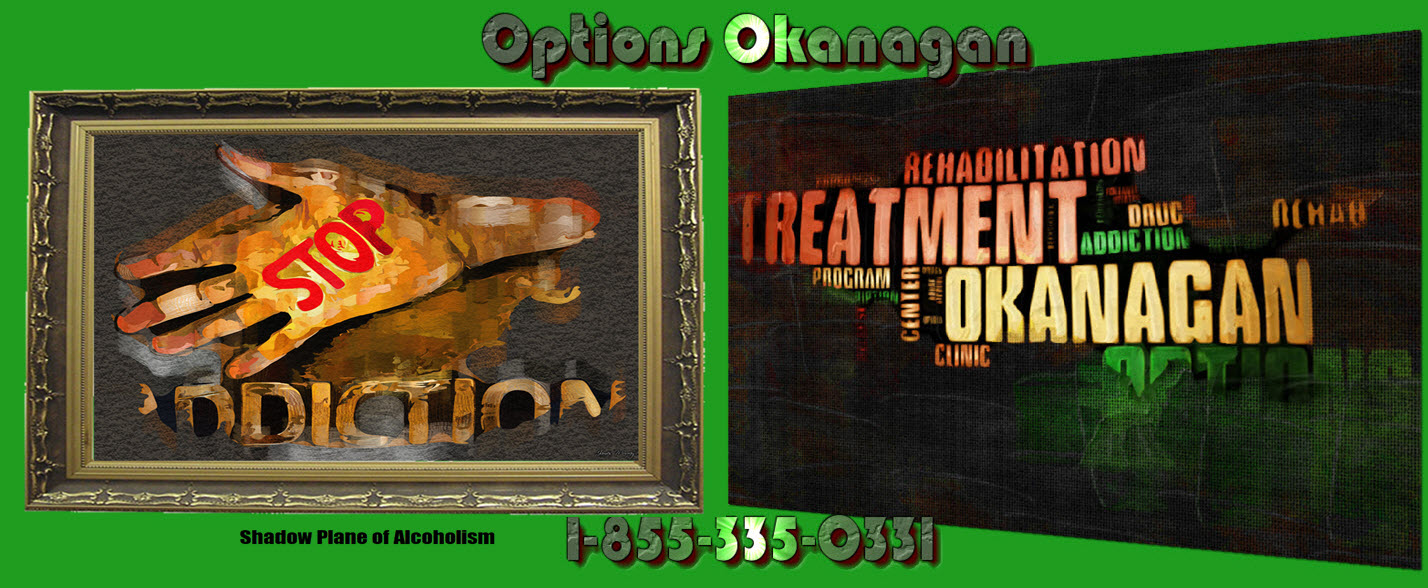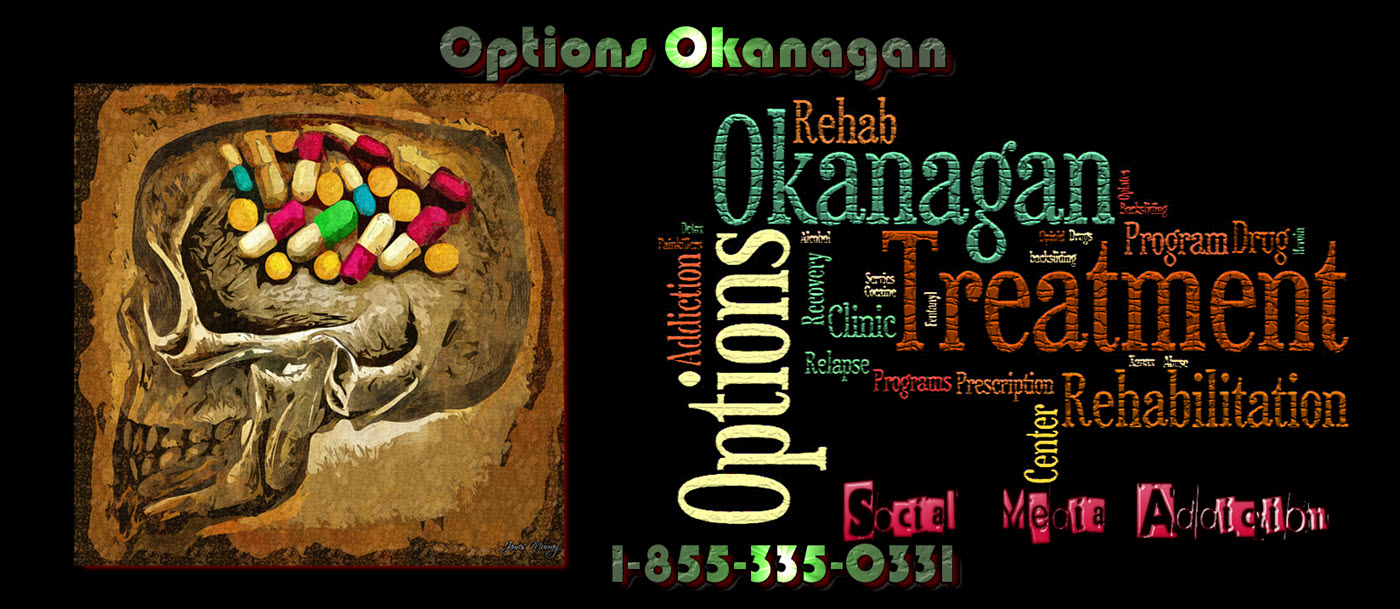How To Break the Vicious Cycle of Stress and Alcoholism – Drug & Alcohol Rehab Programs for recovering addicts in Alberta and British Columbia – Options Okanagan Drug and Alcohol Treatment Centers in Kelowna, Salmon Arm (Shuswap), British Columbia treating drug, opiate, fentanyl, Opioid, heroin, and alcohol addiction and recovery.
Alcohol & Drug Rehab In Alberta And BC
Like drugs and alcohol, some things shouldn’t be mixed. Stress and drinking can be a combination of similar toxins which unfortunately becomes normal. Studies show that people who claim to have high levels of stress tend to consume alcohol to cover up their worries. This comes from a report by NIAAA.
What is stress and how can it lead to alcoholism?
People have different reasons for drinking, some associate activity with socializing or partying, while others turn to alcohol to deal with external pressure or responsibility. Stress is defined as anything that challenges the normal functioning of the human body and increases the feelings of anger, fear, anxiety, sadness, or joy. Stress comes in many forms and can be caused by everyday stress and traumatic events. Although drinking can provide temporary relief, consuming alcohol as a coping mechanism can have devastating long-term consequences.
One group that knows the dangers of drinking too much to relieve stress is students. Because of the different types of stress, they are more likely to develop substance abuse disorders. Despite the general association between alcohol use and ceremonial events on campus, the main reason students drink seems to be to combat unstable negative emotions. A local university did some research and instructed their freshmen to keep a journal about their alcohol consumption and all kinds of stress. They found that students who experienced more stress each day were more likely to drink. The study concluded that students were ten percent more likely to drink whenever additional stress mechanisms were introduced. The researchers also found that people who drank more on high-stress days had a higher risk of developing alcoholism in their final year.
Alcohol can help some people relax, but drinking alcohol to relieve stress is not recommended. This mentality can lead people to mistakenly turn to alcohol as a mood booster and crutch for real problems.
How does alcohol consumption increase stress?
Although many use alcohol to manage stress, drinking it creates more stress in the short and long term. Substance abuse issues can negatively impact schoolwork or work-place outcomes, family and romantic relationships, and finances, and exacerbate the potential stressors that made the person drink initially.
Alcohol not only changes behavior and interpersonal relationships but also burdens the mind. This phenomenon is so common that the slang term ‘hangxiety’ is increasingly used to describe feelings of anxiety during a hangover. Drinking alcohol at night can actually cause stress, and when alcohol is removed from the body, blood sugar levels drop, making anxiety symptoms worse.
A recent report on alcoholism shows that alcohol also exerts more physiological stress on the body and raises levels of cortisol, a hormone the body naturally creates when stressful events occur. Although cortisol can be beneficial in smaller steps, high levels of the hormone can have harmful effects, including inflammation, blood sugar spikes, high blood pressure, and decreased cognitive skills. The same study found that people suffering from alcohol addiction or abuse had higher levels of cortisol during drunkenness and withdrawal. When the presence of cortisol in the body becomes chronic, people can experience damage to the central nervous system and organs.
Coping with Stress and Alcohol Abuse
When it comes to dealing with stress, counseling is very important. Motivational Interviewing (MI) and Cognitive-Behavioral Therapy or (CBT) are practices of clinical treatment advice that help individuals with anxiety disorders and alcoholism. CBT is a form of psychotherapy that focuses on how emotions affect behavior patterns. People with comorbidities may also prefer motivational interviews, counseling techniques designed to encourage individuals to set and achieve goals.
Additionally, those struggling with alcohol abuse and mental health disorders can try some holistic therapy like meditation or practice yoga to help relieve anxiety disorders and stress. For those who feel alone in their struggles, AA meetings can provide the support and guidance they need.
Options Okanagan Opiate and Alcohol Treatment Centers in Kelowna, Salmon Arm and Vancouver, British Columbia – Men and Women are recovering and healing from Alcohol and Drug Abuse at our treatment center here in the Okanagan right now.
Our unique and distinctive Opiate Drug and Alcohol treatment program allows men and women to come in from Calgary as well as Edmonton as we offer airport pickup.
Numerous clients come to us from Vancouver, Calgary, and Edmonton and other locations in Alberta and even other provinces for Opiate addiction treatment, heroin drug treatment, many other drug and alcohol addictions for rehabilitation because of the uniqueness of our treatment center.
Our (Kelowna ) Alcohol and Drug Treatment Program Location:
(Not Mailing Address) Contact Us – Web Page
For Mail Delivery :: Please contact each center for correct mailing addresses, also this location is the location of our residential treatment programs in Kelowna. Please call Toll Free 1-855-335-0331 to contact the treatment center you are going to for the address and directions.
Options Okanagan Drug and Opiate Treatment Center
551 Sherrydale Crescent, Kelowna, British Columbia, V1V 2E6
Toll-Free Phone Number: 1-855-335-0331




